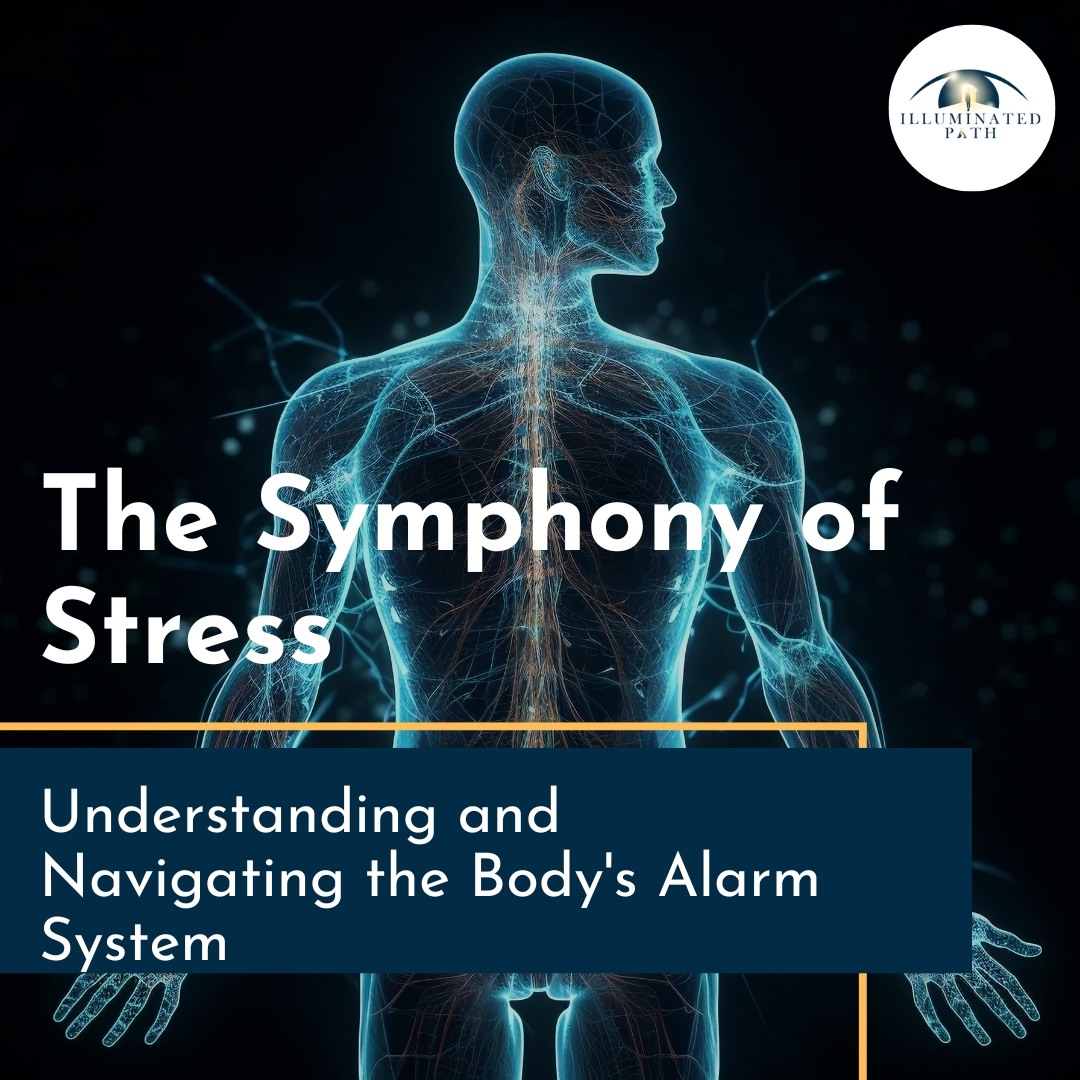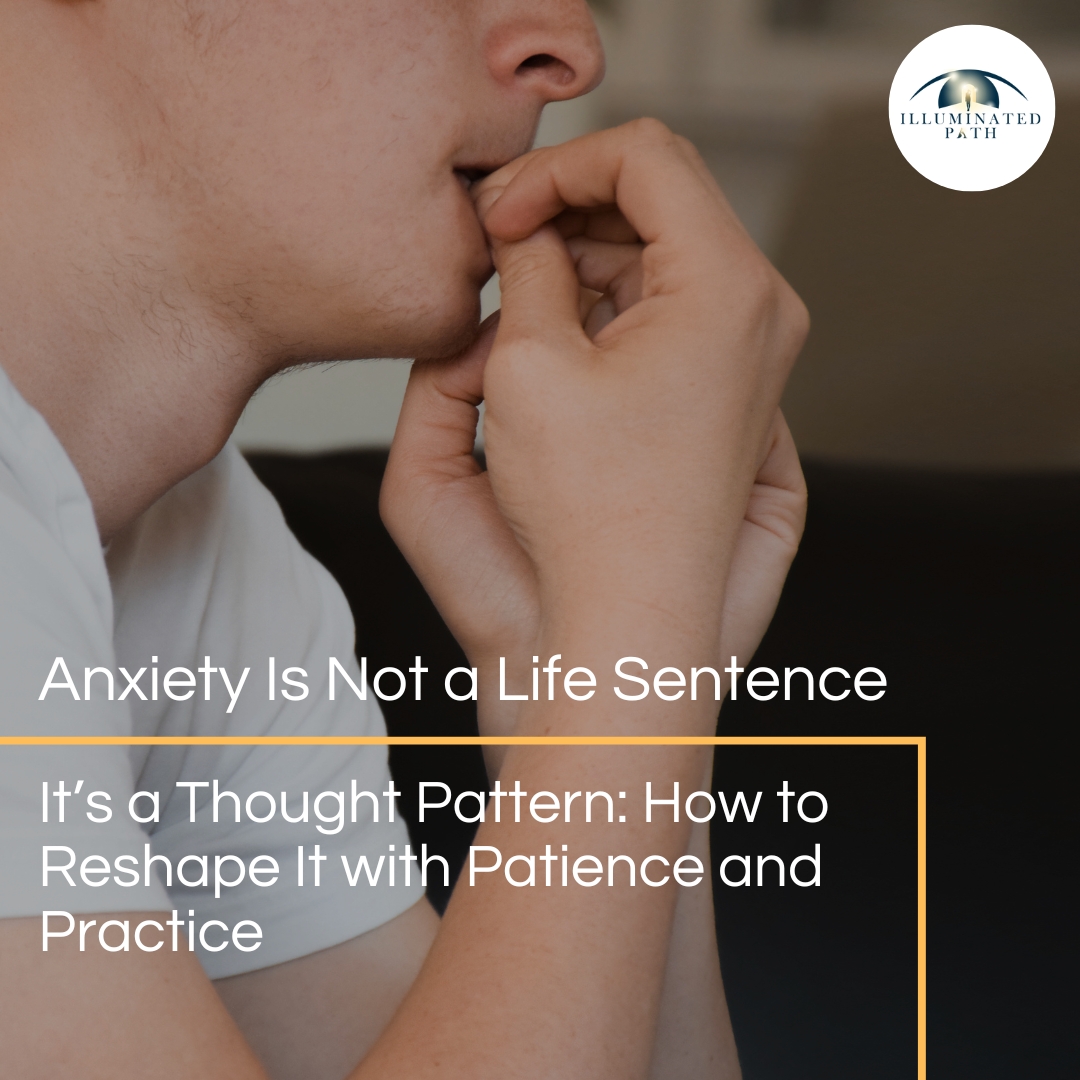
Stress. The word itself can evoke a visceral reaction, conjuring images of deadlines, overflowing inboxes, and a never-ending to-do list. In today’s fast-paced world, stress has become an unwelcome companion for many, casting a shadow over our well-being and hindering our ability to thrive. But what if we could change our relationship with stress, transforming it from a relentless adversary into a valuable guide?
This article delves into the intricate world of stress, exploring its physiological and psychological underpinnings, its impact on our health, and most importantly, how we can navigate its complexities to lead more balanced and fulfilling lives.
The Biology of Stress: A Symphony of Hormones and Neurotransmitters
To truly understand stress, we must first explore its biological roots. At its core, stress is a survival mechanism, an intricate symphony of hormones and neurotransmitters orchestrated to protect us from perceived threats. When confronted with a challenging situation, our brain triggers the release of adrenaline and cortisol, hormones that prepare our body for action. Heart rate accelerates, breathing quickens, muscles tense, and senses sharpen – all in an effort to mobilize our resources for a fight-or-flight response.
While this response can be life-saving in acute situations, chronic stress, where this alarm system remains activated for prolonged periods, can have detrimental effects on our health. Elevated cortisol levels can disrupt sleep, impair immune function, increase inflammation, and contribute to a range of chronic diseases, including cardiovascular disease, diabetes, and depression.
The Pervasiveness of Stress: A Global Concern
The impact of stress is widespread, affecting individuals across all walks of life. According to the World Health Organization, stress is a significant contributor to the global burden of disease, with mental health disorders, including those related to stress, accounting for 13% of the total global burden.
In the United States, the American Psychological Association’s (APA) 2023 Stress in America™ survey revealed alarming statistics:
- Inflation: 83% of adults cite inflation as a significant source of stress.
- Work: 79% of adults report work-related stress.
- The future of our nation: 76% feel stressed about the future of the nation.
- Money: 76% experience stress related to money.
- Violence and crime: 75% are stressed about violence and crime.
These figures underscore the urgent need for effective stress management strategies to mitigate the impact of stress on individuals and society as a whole.
Beyond Fight-or-Flight: The Diverse Faces of Stress
While the fight-or-flight response is a well-known aspect of stress, it’s crucial to recognize that stress manifests in diverse ways, depending on individual factors, the nature of the stressor, and the context in which it occurs.
- Acute Stress: This is the short-term stress we experience in response to immediate challenges, such as a presentation, a traffic jam, or an argument. While it can be uncomfortable, acute stress is typically manageable and resolves once the situation has passed.
- Episodic Acute Stress: Individuals who frequently experience acute stress, often due to a fast-paced lifestyle or a tendency to overcommit, may suffer from episodic acute stress. This can lead to persistent feelings of overwhelm, irritability, and tension.
- Chronic Stress: This is the long-term stress that persists over weeks, months, or even years. It can stem from ongoing challenges like financial difficulties, relationship problems, job dissatisfaction, or chronic illness. Chronic stress can take a significant toll on our physical and mental health, increasing the risk of various health problems. According to the American Institute of Stress, job stress alone is estimated to cost U.S. businesses over $300 billion annually in absenteeism, turnover, diminished productivity, and medical, legal, and insurance costs.
The Mind-Body Connection: How Stress Impacts Our Health
The intricate connection between our mind and body means that stress doesn’t just affect our emotions; it can manifest in a myriad of physical symptoms. These can include:
- Musculoskeletal System: Muscle tension, headaches, back pain, and jaw clenching. The National Institute of Neurological Disorders and Stroke estimates that tension headaches affect up to 80% of adults.
- Cardiovascular System: Increased heart rate, palpitations, high blood pressure. Chronic stress is a significant risk factor for cardiovascular disease, the leading cause of death worldwide, according to the World Health Organization.
- Respiratory System: Rapid breathing, shortness of breath. Stress can exacerbate respiratory conditions like asthma and chronic obstructive pulmonary disease (COPD).
- Gastrointestinal System: Stomach upset, nausea, diarrhea, constipation. The American Psychological Association reports that stress can contribute to irritable bowel syndrome (IBS) and other digestive disorders.
- Immune System: Weakened immune response, increased susceptibility to infections. Studies have shown that chronic stress can suppress immune function, making individuals more vulnerable to illness.
- Nervous System: Anxiety, irritability, difficulty concentrating, sleep disturbances. The National Institute of Mental Health estimates that anxiety disorders affect over 40 million adults in the United States.
Recognizing these physical manifestations of stress is crucial, as they can serve as valuable signals that something needs to change in our lives.
Decoding the Stress Signals: A Personalized Approach
While stress can manifest in various ways, the specific symptoms we experience are often unique and provide valuable clues about the underlying causes of our stress. By paying attention to these signals, we can gain insights into the areas of our lives that require attention.
- Physical Sensations: Are you experiencing muscle tension, headaches, digestive issues, or sleep disturbances? These can indicate a need for better self-care, such as incorporating regular exercise, relaxation techniques like progressive muscle relaxation or meditation, and prioritizing sleep hygiene. For example, if you’re constantly experiencing tension headaches, it might be a sign that you need to incorporate relaxation techniques like progressive muscle relaxation or meditation into your daily routine.
- Emotions: Are you feeling overwhelmed, anxious, irritable, or sad? These emotions might signal a need to address underlying emotional issues, set boundaries in your relationships or at work, or seek support from loved ones or a therapist. Feeling overwhelmed might indicate that you need to re-evaluate your workload and learn to say “no” to additional commitments.
- Thoughts: Are you engaging in negative self-talk, catastrophizing, or ruminating on worries? These thought patterns can contribute to stress and might indicate a need to challenge negative thoughts and cultivate a more positive mindset through techniques like cognitive reframing. For instance, if you constantly worry about worst-case scenarios, practicing cognitive reframing techniques can help you challenge these thoughts and develop a more balanced perspective.
- Behaviors: Are you overworking, neglecting your needs, or engaging in unhealthy coping mechanisms? These behaviors can perpetuate stress and might signal a need to re-evaluate priorities, set boundaries, and develop healthier habits. If you find yourself consistently turning to unhealthy coping mechanisms like excessive alcohol consumption or emotional eating, it’s important to seek healthier alternatives and address the underlying causes of stress.
Stress Management: A Toolbox for Resilience
Once you’ve identified the sources of your stress, it’s time to take action. Fortunately, a wide range of strategies can help us manage stress and build resilience.
- Lifestyle Modifications: Prioritizing sleep, exercise, and a balanced diet are foundational for stress management. Aim for 7-9 hours of quality sleep per night, engage in regular physical activity, and nourish your body with whole foods. The National Sleep Foundation recommends 7-9 hours of sleep per night for adults. Regular physical activity, even moderate-intensity exercise like brisk walking, can significantly reduce stress levels.
- Relaxation Techniques: Practices like meditation, deep breathing exercises, yoga, and tai chi can help activate the body’s relaxation response, counteracting the effects of stress. Apps like Headspace and Calm offer guided meditation sessions for stress reduction.
- Mindfulness: Cultivating mindfulness, the practice of paying attention to the present moment without judgment, can help us become more aware of our thoughts, feelings, and bodily sensations, allowing us to respond to stress more effectively.
- Social Connection: Strong social connections provide a buffer against stress. Nurture your relationships with loved ones, engage in social activities, and seek support when needed. Research has shown that social support can reduce the physiological effects of stress and promote faster recovery from stressful events.
- Cognitive Techniques: Challenge negative thoughts, reframe stressful situations, and develop a more optimistic outlook. Cognitive behavioral therapy (CBT) is an evidence-based approach that can help individuals identify and modify unhelpful thought patterns and behaviors.
- Assertiveness and Boundary Setting: Learn to say “no” to commitments that drain your energy, prioritize your well-being, and communicate your needs effectively. Assertiveness training can help you develop effective communication skills for setting boundaries.
- Time Management: Develop effective time management skills to reduce overwhelm and create a sense of control over your schedule. Techniques like prioritization, delegation, and time blocking can help you manage your time more efficiently.
- Seeking Professional Support: If stress is persistent or overwhelming, consider seeking professional help from a therapist or counselor. They can provide guidance, support, and evidence-based techniques to help you navigate challenges and develop coping strategies. The National Alliance on Mental Illness (NAMI) offers resources and support 1 for individuals and families affected by mental health conditions.
Stress as a Catalyst for Growth: Embracing the Opportunity
While stress can undoubtedly be challenging, it’s important to remember that it can also be a catalyst for growth. By paying attention to the signals it sends, we can identify areas where we need to make adjustments, develop coping skills, and ultimately create a more balanced and fulfilling life.
Stress is not a life sentence; it’s an opportunity to learn, adapt, and evolve. By embracing this perspective and actively engaging in stress management techniques, we can transform stress from a burden into a stepping stone on the path to greater well-being.

The Author
Dr. Shadi Souferian Psy. D.
Licensed Clinical Psychologist
Therapist And Psychologist in Los Angeles And Beverly Hills.






